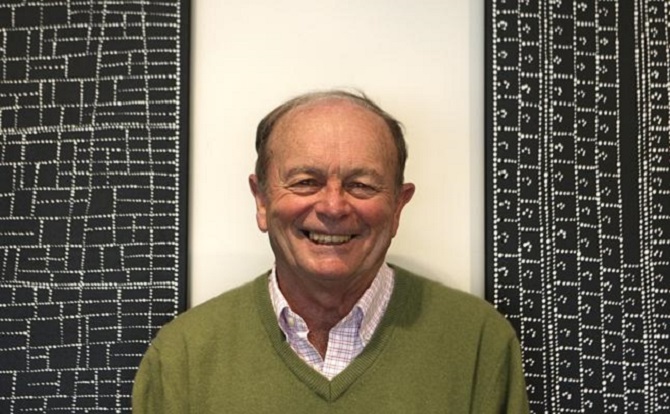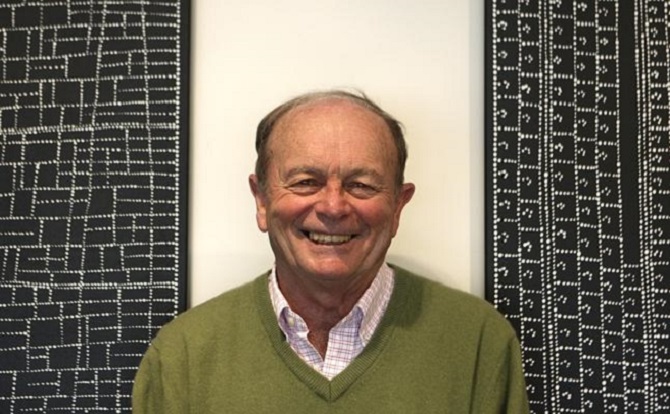In his inimitable style that the CE industry knows well, Harvey Norman executive chairman Gerry Harvey has told investors who challenged the company’s board structure and executive pay to sell their shares if they don’t like his model.
“… sell your shares and stop complaining – buy your shares from other retailers who you think do it better,” he said.

His strategy seems to have paid dividends with about 94.6 % of shareholders voted in favour of the remuneration report and 5.36% voted against it, sparing the company from facing a spill motion.
The nub of the investor concern stems from the Australian Shareholders Association (ASA) recommendation that shareholders vote against the remuneration report at the recent AGM because of concerns over the structure of short and long-term incentives and the lack of truly independent directors on the board.
But Harvey has pointed to the ‘family’ culture on the board as a key market differentiator. “We’re good at what we do because we’re a family – this is in our bloody DNA, this is what we do,” he said.
“If we have people who don’t think like that they’re not on the board – that’s why we don’t like criticism from uninformed people because we know how hard we work,” Harvey said.
Harvey claims three of its nine non-executive directors are independent – Christopher Brown, Kenneth Gunderson-Briggs and Graham Paton.
Brown is a long-term adviser to the company, is executor of the estate of late co-founder Ian Norman, and has been on the board for 28 years. Gunderson-Briggs has been on the board for 12 years and Mr Paton for 10.
ASA rebutts the rebutt
“We say after 12 years you’re no longer independent – you’ve been drinking the same Kool-Aid as the executives for a long period of time,” ASA monitor Allan Goldin said.
But Harvey again dismissed the ASA’s concerns, stating the company didn’t pay directors or executives too much and directors needed to have “skin in the game”.
“A lot of [underperforming] retailers are not run by people who have skin in the game … they have had a lot of independent directors on the board,” Harvey said.
Harvey’s initiatives drives sales, not housing boom
Harvey also criticised analysts who have attributed the company’s strong sales growth last year and so far this year, to the housing boom.
He said that it was replacement purchases, new technology and company initiatives such as working with major suppliers to improve product design had played a bigger role in driving sales than the housing cycle, he said.
Pre-tax earnings rose 27.8% in the first quarter of 2016 after rising 26% in the same quarter a year ago.
“This is a 50% increase in two years … that’s the best result we’ve had for many years,” Harvey said. “That didn’t come about because of the housing cycle. The bigger part of that turnaround came from other reasons, things we’re doing that had nothing to do with the housing cycle.”
Harvey has also defended the company’s recent $34 million investment in one of Australia’s largest dairy farms, saying Harvey Norman was confident it would make a return on its investment.
Critics say the investment is outside Harvey Norman’s core competence and highlights the lack of independence on the board.
“We’re supposed to be an entrepreneurial company, we’re meant to be expanding and looking for opportunities – but the minute you do it you get your head bashed in,” Harvey said.
Analysts said investors needed to be aware buying shares in Harvey Norman was akin to buying shares in a private company.

